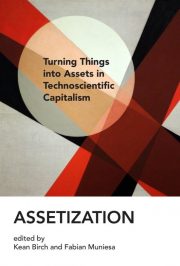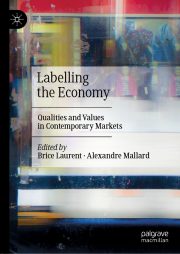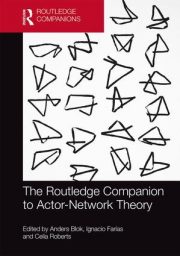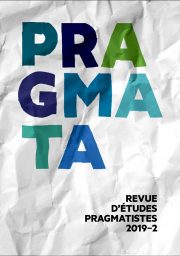
Morgan Meyer
Hydroalcoholic gels, protective masks, screening tests, ventilators: the manufacturing of these four objects is usually the prerogative of established institutions and companies. These objects can be found in pharmacies, in hospitals, in a world that is standardized and and organized. Covid-19 has changed this order of things and, for the moment, science, medicine and the market are struggling to contain the virus.
The shortage of gels, tests and protective masks has led to countless workarounds, détournements and innovations. Let us begin our overview with the story of […]
Read more →










